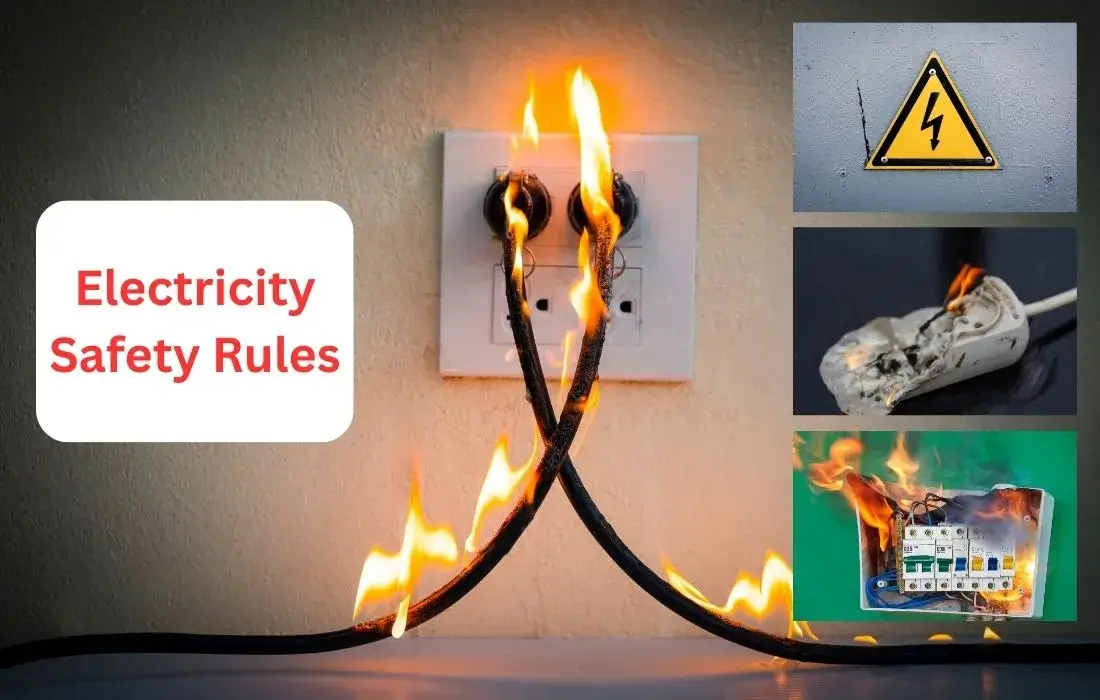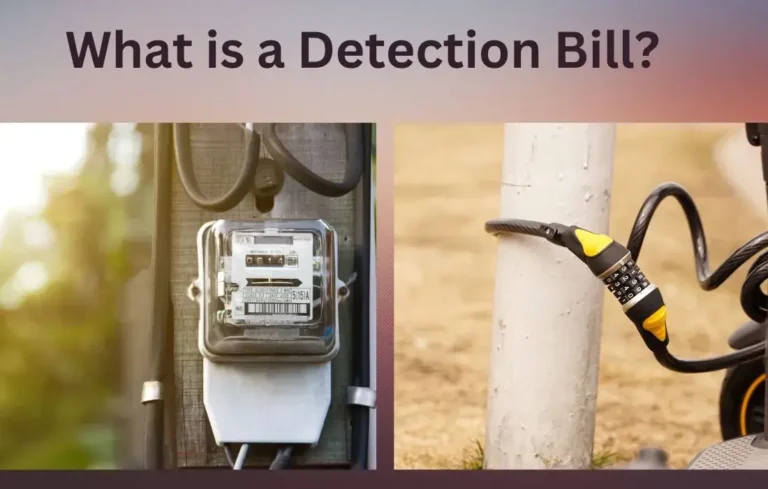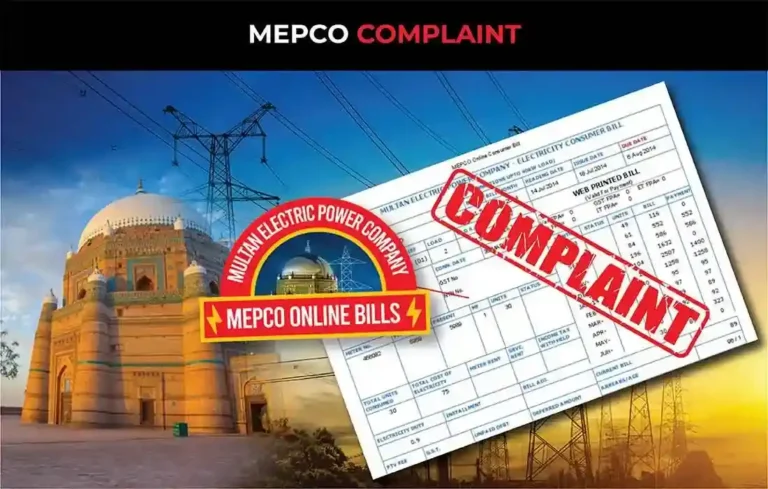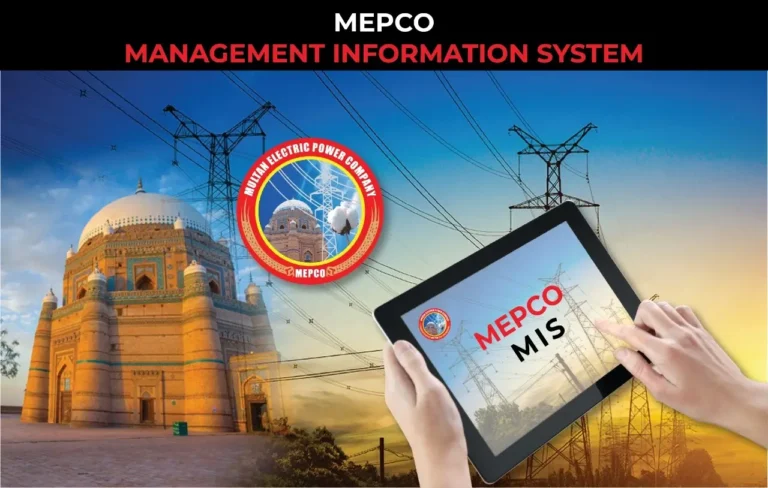10 Electricity Safety Rules and Tips for Home and Workplace

Can you imagine your life, even for a few moments, without having electricity in your domestic and professional environments? Surely not! Electric power has become an indispensable part of modern life, fulfilling essential roles in illuminating our surroundings, charging electrical appliances, and ensuring comfort in scorching summer or chilling winter days.
However, following electricity safety rules and precautions are essential to prevent potential risks, like sparkling fire, damage to electrical devices, and even blasts in severe cases.
In this article, we’ve shared some important tips to avoid such issues. So, let’s dive into it!
10 Essential Electricity Safety Rules You Should Follow
Typically, formal training in electrical safety is not routinely offered to individuals; however, it is of paramount importance, especially for those engaged in tasks involving high-voltage electrical equipment.
Adhering to proper electricity safety protocols can significantly reduce the potential hazards associated with damaged wiring, voltage fluctuations, or burning of electrical devices.
So, to enhance your awareness, you must adhere to the following 10 key electricity safety tips given below:
Also Read: Energy Saving Tips
1- Don’t Keep inflammable Materials near Damaged Electrical Equipments
Keeping flammable materials near electrical installations can pose a severe safety hazard. A minor electricity malfunction or spark in sockets can cause a huge fire. Therefore, placing flammable stuff away from the damaged electrical appliances is essential to ensure your safety.
2- Avoid Direct Touch with Live Electrical Wires
Directly touching the naked or broken wires is extremely hazardous. This act can surely cause an intense electrical shock or severe injury. To avoid potential risks, wear protective equipment or use the insulated tools when working near the live wires.
3- Don’t Plug or Unplug Switches with Wet Hands
Water is a good conductor of electricity, so handling electrical switches with wet hands can increase the risk of catching an electrical shock. Hence, before touching electrical switches or plugs, you must ensure that your hands are dry and moisture-free to prevent accidents.
4- Quickly Inform Authorities of Leakage or Sparkling in Wires
Quickly Report to the Energy Distribution Company of your area, such as MEPCO, FESCO, LESCO, etc, to inform them about the electricity leakage or sparkling issue in your home or workplace.
Quick action can significantly reduce fire hazards and associated risks. The relevant staff sometimes guides you on call for the necessary steps to be taken or visits your location for a massive fault.
5- Avoid Splashing Water near the Electrical Sockets
One of the most important electricity safety rules is to prevent the electrical sockets from water splashing. The interaction of water and electricity can lead to a dangerous threat by inducing short circuits or electrical shocks.
Therefore, it is imperative to refrain from washing or splashing onto electrical sockets, power plugs, or devices, especially during the rainy season. Such actions may cause sparking in electrical sources, damage the equipment, and cause an immediate risk of brutal injury to individuals.
6- Never Repair a Damages Wire by Keeping the Switch On
Do you need to repair a broken wire on your own? Doing it while keeping the power switch ‘ON’ can be hazardous or life-threatening. So, one of the most important safety rules for electricity is to unplug or turn off its power source before starting the repair process.
However, if you’re not a trained individual, it is recommended to seek professional assistance to ensure safety and proper repair.
7- Don’t Touch Directly to Person Caught in Electrical Shock
Never try to release a person caught in electric shock with direct touch because this action may not save him; rather, the current may transfer to your body, causing a dual emergency.
First, you need to disconnect the power source, then use an insulated material (plastic or wooden stuff) to separate the person from the electrical source. Seek immediate medical assistance or necessary care for the sufferer.
8- Use a Voltage Regulator to Manage Electricity Fluctuations
Installing a voltage regulator for your electrical appliances is an effective strategy to manage the voltage fluctuation issue and, hence, the resulting damages. A voltage regulator helps stabilize the current flow and voltage supplied to the equipment, thus protecting it from damage caused by sudden rise or drop in power supply.
9- Provide Proper Training and Safety Guidelines to Spread Awareness
Offering comprehensive guidance to your family or employees is essential to securing their lives from electrical hazards. Well-trained individuals can identify the potential risks well before time and respond to emergencies better.
Therefore, guiding people around you on the electricity safety rules and tips can mitigate the possible risks, fostering responsible practices and accident prevention.
10-Quickly Follow the Emergency Procedures
Adopting the emergency protocols is paramount for ensuring safety in unprecedented tragic situations. Swift and right decisions, such as switching off the power circuits, evacuating the region, and calling fire extinguishers, can save people and properties from damage.
7 Potential Reasons for Electrical Hazards
A range of factors can contribute to causing a mild to severe electrical hazard; however, some of the most common reasons are listed below:
- Direct Contact with live or faulty wires
- Fire or sparkling from the damaged electrical circuit
- Explosions caused by placing Inflammable materials near the electric source
- Electricity leakage from the power installations or equipment
- Damaged Equipments and Insulation
- Touching the appliances with wet hands
- Voltage fluctuation and Overloading of circuits
Conclusion
Following these vital electricity safety rules can prevent yourself and the surroundings from critical injuries or property damage. Moreover, in any emergency, focusing on the quick measures per the guidelines can help you efficiently save lives and assets.





